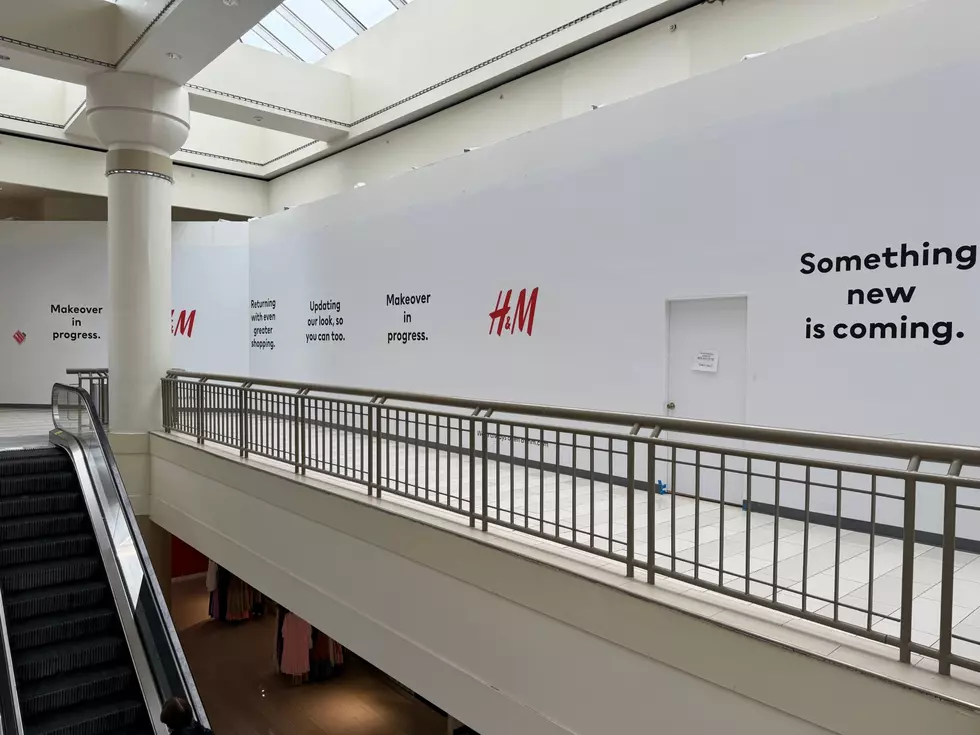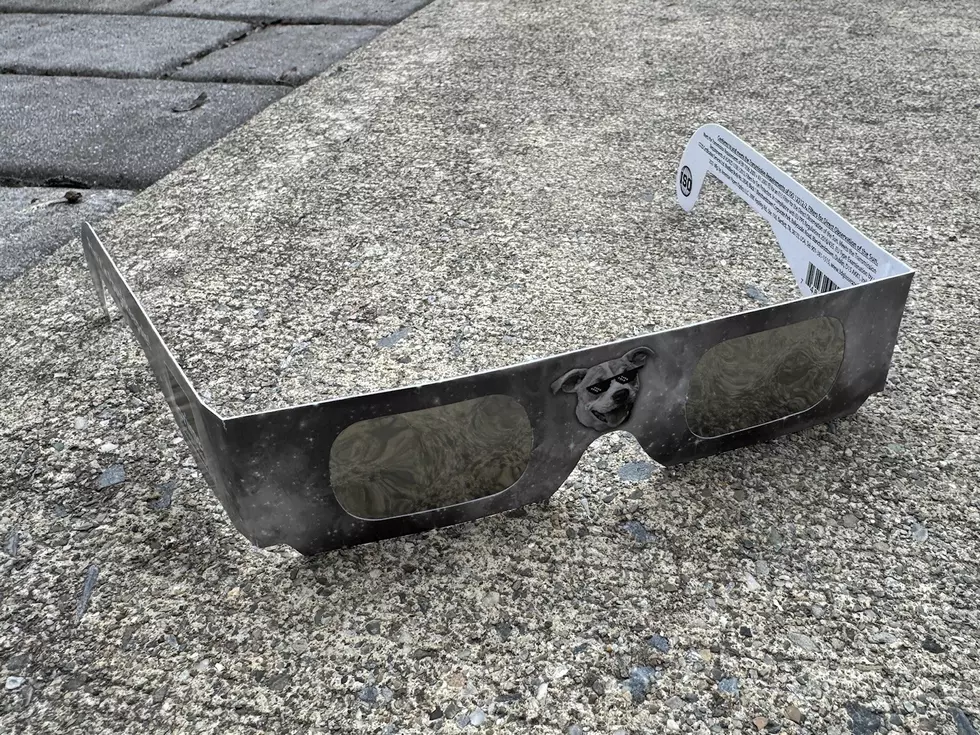
Another “cure” for Autism causes outrage and debate
It's the one thing that every new parent dreads: an Autism diagnosis. I know this, because my wife and I waited with baited breath for our son to pass each "milestone" of development. Is he making eye contact? Is he smiling at people? Is he reacting to his name? The threat of Autism has the power to turn the precious moments of watching the growth of your newborn into a couple of suspense-filled years of fear, imagining the worst possible outcome.
But all of this worrying is not without warrant. Right now, 1 in 88 children are diagnosed somewhere on the Autism spectrum. Whether you argue that the rate of disease has skyrocketed or that the number of cases being diagnosed have actually increased, you can't deny that this is a huge number. The worst part of all of this: there is no apparent cause.
Of course, lack of a cause hasn't stopped people from making educated (and not-so-educated) guesses. After Jenny McCarthy and other celebrities publicly supported the now disproven Wakefield study that linked Autism with vaccinations, people all over the world began to stop protecting their children from serious illnesses, in hopes of protecting them from Autism. Today, parents still contemplate whether to vaccinate based on this fraudulent study. Sadly, junk science like this has put children at a greater risk of disease and set back real studies that could one day possibly lead to a cure or earlier diagnosis.
The latest "cure" for Autism that's sweeping the internet comes from a San Francisco chemist that believes her child was cured of Autism by eliminating MSG from her diet. She claims that by taking all foods made with MSG out of her daughter's diet, she was free from Autism symptoms by age 7. It's tempting for parents with an Autistic child to hear a story like this and accept it as fact. "It makes sense! So it must be true!" Unfortunately, science doesn't work this way. Just like "it makes sense" that the timing of vaccines coincides with the early symptoms of Autism this MSG link is, for now, a coincidence.
Should the effect of MSG be studied further? Absolutely! How amazing would it be, no matter how much of a long shot it is, if this anecdotal evidence lead to a breakthrough? But the fact that so many reputable news outlets are reporting the experiences of one woman, using Google as her medical library, as scientific evidence has only perpetuated rumor and speculation and gotten in the way of real science. There are many reasons to take this study with a grain of salt (no pun intended)... For example, MSG has been in our food for a very long time. That certainly doesn't explain the current rise of Autism. In fact, the Romans ate way more MSG than we do today... why was Autism not an epidemic then? Also, there are many autistic children on similar diets with no signs of recovery.
So if not MSG, than what? Is it other chemicals in our processed foods? Is it pollution? Is it the diets of pregnant women? Baby formula? The rise in age of parents, especially fathers, has been linked to more cases of Autism. Is that the smoking gun? For so many helpless parents dealing with a disease that has no apparent cause or cure, it's understandable to grasp at any plausible theories. But if the "news" and your Aunt's Facebook feed continue to report these theories as fact, we only get in the way of letting real science work.
If you think your child is showing the signs of Autism, the best chance they have is early intervention. Talk with your doctor about any concerns you may have for your child.
More From WPDH-WPDA









